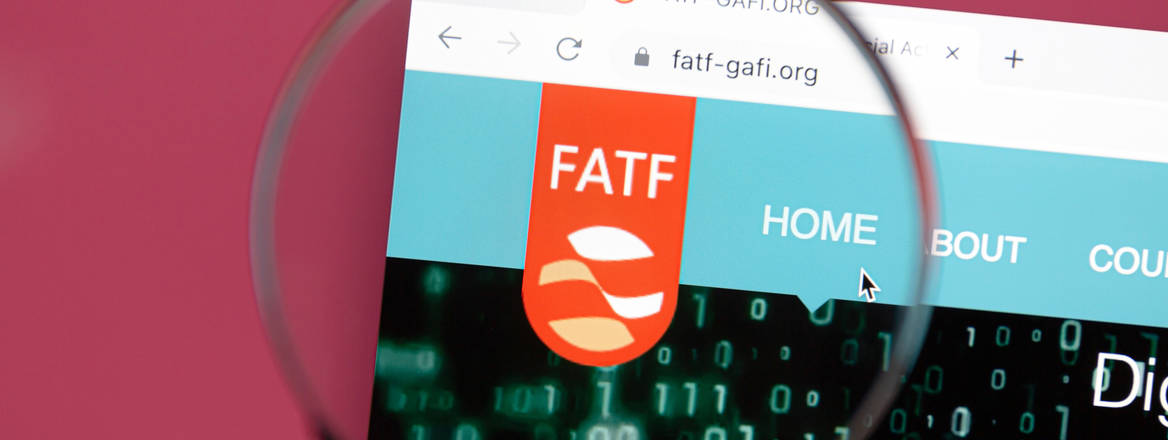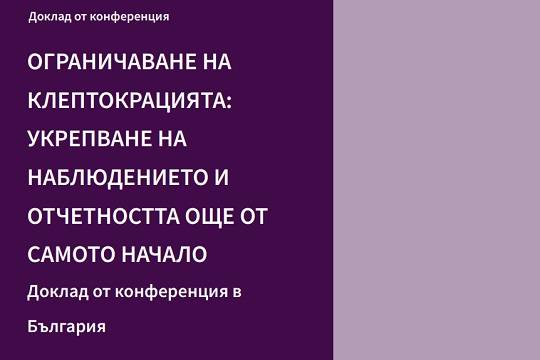Restricting Kleptocracy: Bulgaria Conference Report
The Centre for Finance and Security at RUSI and the Bulgarian Center for Not-For-Profit Law convened a roundtable in January 2024 to discuss the country’s recent grey listing and dissect its Mutual Evaluation Report.
In October 2023, the Financial Action Task Force (FATF) added Bulgaria to its list of countries under increased monitoring, also known as the ‘grey list’. Bulgaria is currently one of only two EU countries (the other is Croatia) on the list.
Bulgaria faces a number of challenges in relation to illicit finance. As outlined in the country’s Mutual Evaluation Report (MER) from MONEYVAL, the relevant FATF-style regional body, these challenges include, among others: endemic corruption; resource limitations and underutilisation of financial intelligence; lack of robust efforts to investigate and prosecute criminal financial activities and confiscate criminal proceeds; inaccurate information on beneficial ownership; and gaps in targeted financial sanctions frameworks. Due to these deficiencies, Bulgaria received a rating of ‘partially compliant’ with 23 of the 40 FATF Recommendations.
The FATF’s decision has repercussions for Bulgaria that extend beyond the immediate realm of financial regulation. These include access to the Eurozone, membership in other international organisations, such as the OECD, and the overall stability and security of the country’s economy and political system. This is why it is imperative that Bulgaria adopts decisive and comprehensive measures and delivers on its commitment to resolving the strategic deficiencies identified by the FATF.
In light of this, the Centre for Finance and Security at RUSI and the Bulgarian Center for Not-For-Profit Law convened a roundtable in January 2024 to discuss the country�’s recent grey listing and to dissect its MER.
MERs can shine a light on the strengths and weaknesses of a country’s measures to fight financial crime and are a useful tool for civil society actors to drive positive change and strengthen the integrity of their country’s financial system. They help to identify vulnerabilities and key priorities and set a clear direction for civil society, particularly if a government is unwilling or unable to address a country’s illicit finance challenges. In view of this, the roundtable discussion brought together local civil society organisations and investigative journalists to determine how they could actively engage in Bulgaria’s response to being grey listed. This conference report presents the findings from both the roundtable discussion and one-on-one meetings held in Bulgaria.
The roundtable and meetings were part of RUSI’s Restricting Kleptocracy project supported by the National Endowment for Democracy.
WRITTEN BY
Arzu Abbasova
Research Analyst
Centre for Finance and Security




